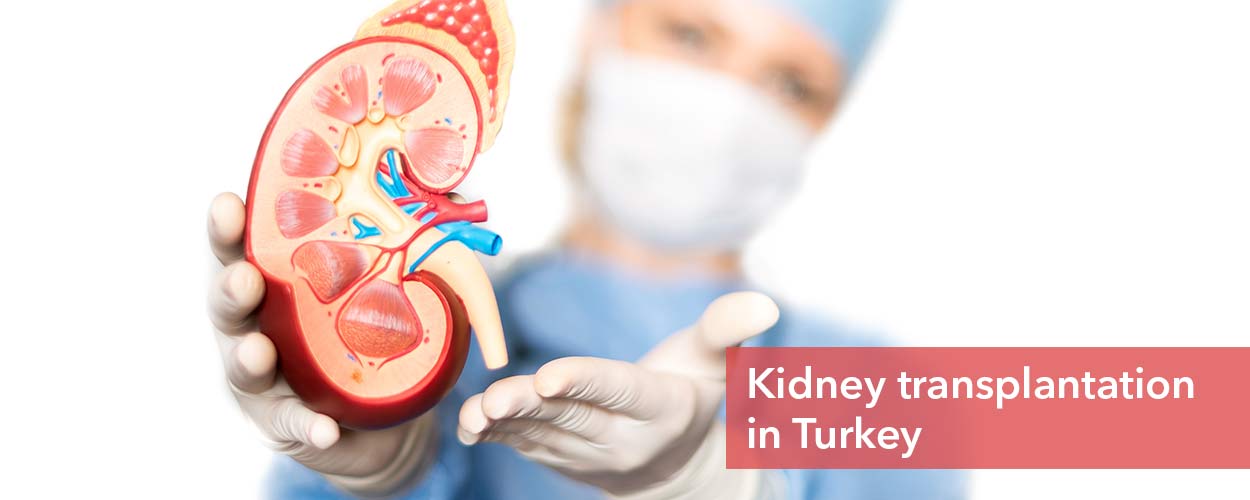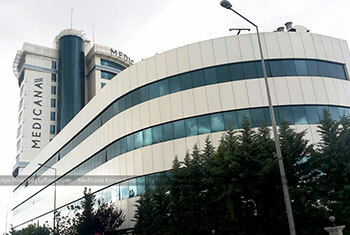Kidney transplant Vs Dialysis for treatment of renal failure
A chronic kidney can lead to permanent kidney dysfunction, resulting in organ failure. This can cause several health problems, and even be life-threatening, if left untreated. Kidney transplant and dialysis are two main treatment options for renal failure. However, in many cases, a kidney transplant can be the most efficient treatment of chronic kidney failure.
However, some patients with kidney failure may prefer the dialysis option, especially if they are not eligible for surgery. Dialysis or kidney transplantation is required for a patient with chronic renal failure when their renal functions drop below 15% of the normal range. A kidney transplant is recommended when after exploring other options and patients do not have any contraindications.
In dialysis, a machine is used to filter and remove the waste products from the blood, preventing waste accumulation in the body. Dialysis therapy may help save a patient’s life and sustain their survival, but it is also associated with some complications, primarily the injury of veins over time. Dialysis can only perform partial or some kidney functions are often not considered as an alternative for a kidney transplant.
Moreover, dialysis patients remain dependent on a particular schedule and there are many other disadvantages such as following a strict diet, limitation of water intake, travel restrictions, affect social life, and even problems with development in pediatric patients.
As dialysis is unable to perform many kidney functions, the patients have to use medicine to maintain blood pressure, blood production and others frequently.
A kidney transplant is often considered as the treatment of choice for kidney failure, in contrast to a lifetime dependency on dialysis. A kidney transplant treats chronic kidney disease and also helps a person to have a better quality of life. Kidney transplant patients not only have much higher quality, but also a longer duration of life than dialysis patients.
After a successful kidney transplant operation and with proper care, the recipient can live as healthy individuals with very few restrictions. Therefore, kidney transplant surgery might be superior to dialysis regarding the kidney and health of a person.







